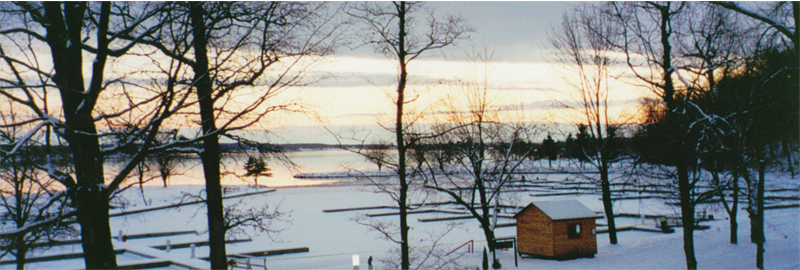‘The Summer Guest’ by Alison Anderson
Did Anton Chekhov, the master of the short story and one of Russia’s best-loved writers, write a novel? Although this tantalizing question drives Anderson’s novel, it slips into the background as her lyrical prose weaves together the lives of three women, separated by time and space, whose worlds teeter on the brink of disaster and impending loss.
During the summers of 1888 and 1889, Chekhov’s family rent a guest house on the estate of the Lintvaryovs’ in Sumy, eastern Ukraine. A friendship blossoms between Anton Pavlovich and fellow doctor, Zinaida Lintvaryova, who has lost her sight due to a terminal illness. Through the lens of the diary written by Zinaida (Zena) Mikhailovna (with the aid of a notched ruler to keep the writing straight) the reader is transported to a world where Anton Pavlovich’s eloquent words break through Zinaida’s deep solitude, enabling her to ‘see’ again the river running through a land bordered by willows, poplars, and oaks. Zena’s blindness allows her to reflect deeply on life, echoing the melancholic beauty of sadness in the Russian psyche, as she encourages Anton Pavlovich to persevere in writing his first novel.
Intertwined through the story are the lives of Katya Kendall who, with her husband, Peter, runs a failing publishing house in London, and Ana Harding, a translator living a solitary life in a village in France. In 2014, Katya engages Ana to translate Zinaida’s diary in a bid to save both her business and her marriage.
Through Anderson’s sensitive prose we smell the lilac of Ukrainian summers, hear the voices of peasants in song and laughter as they work in the fields, the music of Tchaikovsky played by Zena’s brother, Georges. For Ana, solace comes from the dripping of melting snow, a ragged fringe of pine trees, pastel light from the fading sun, while Katya looks back on her time with Peter in her native Russia, a time filled with paintings of bucolic landscapes, birch trees, and melancholic spaces.
There is a twist at the end of the story, which for me came as a surprise, lulled as I was by the beauty of the narrative. There are clues throughout the book, but I urge readers to lose themselves in the prose and be transported to another time and place. You will not be disappointed.
As acknowledged by Anderson, “Zinaida Mikhailovna Lintvaryova’s journal is based on a true story and the little that is known about her from Anton Pavlovich’s letters and the obituary that he wrote when she died.”.

Leave a Reply